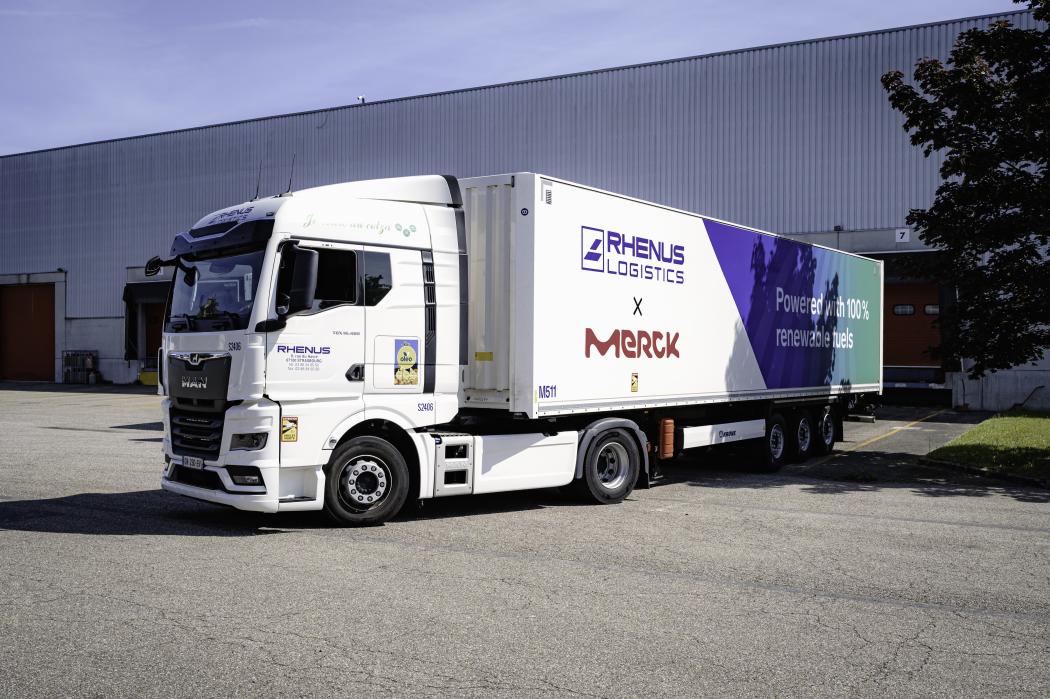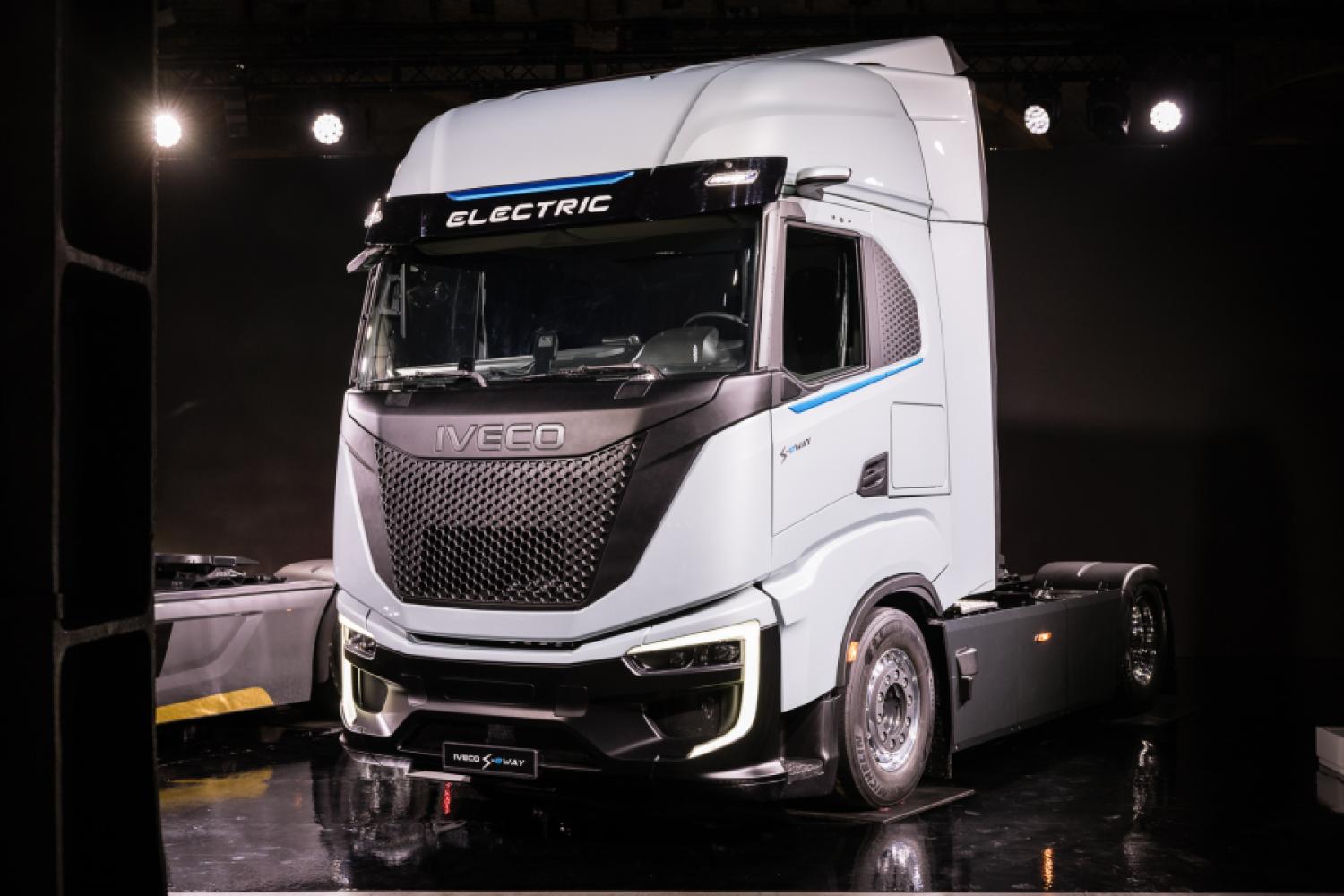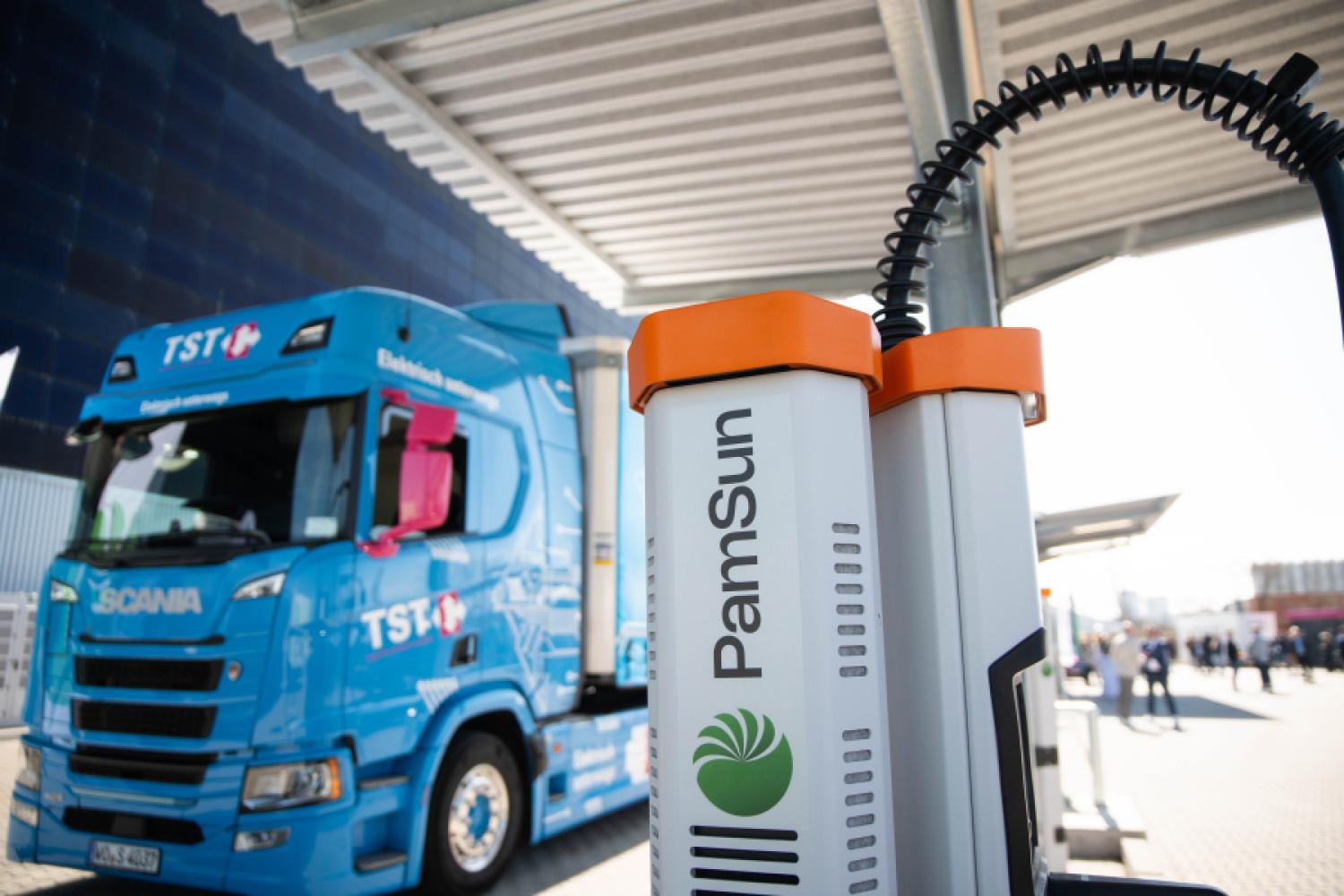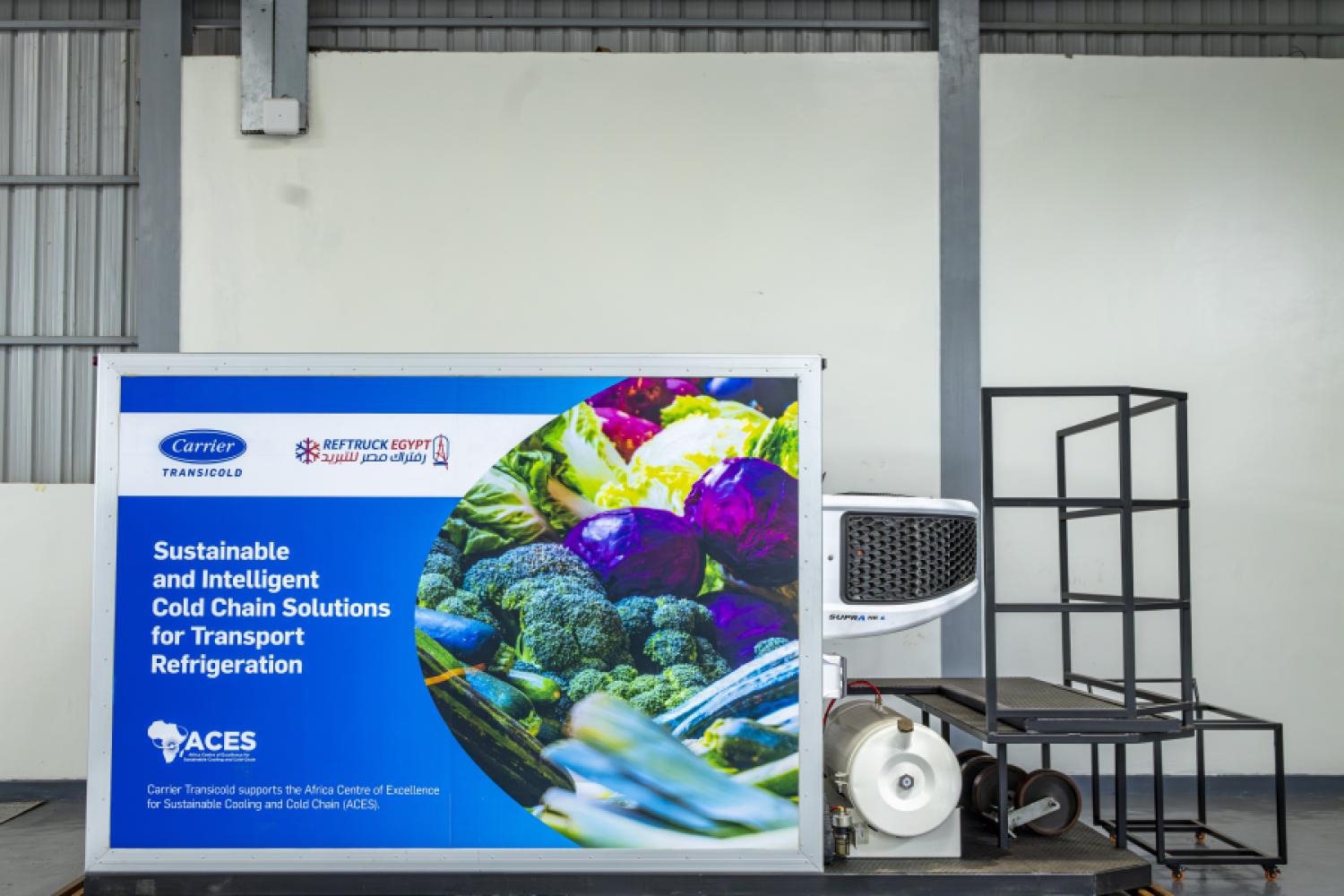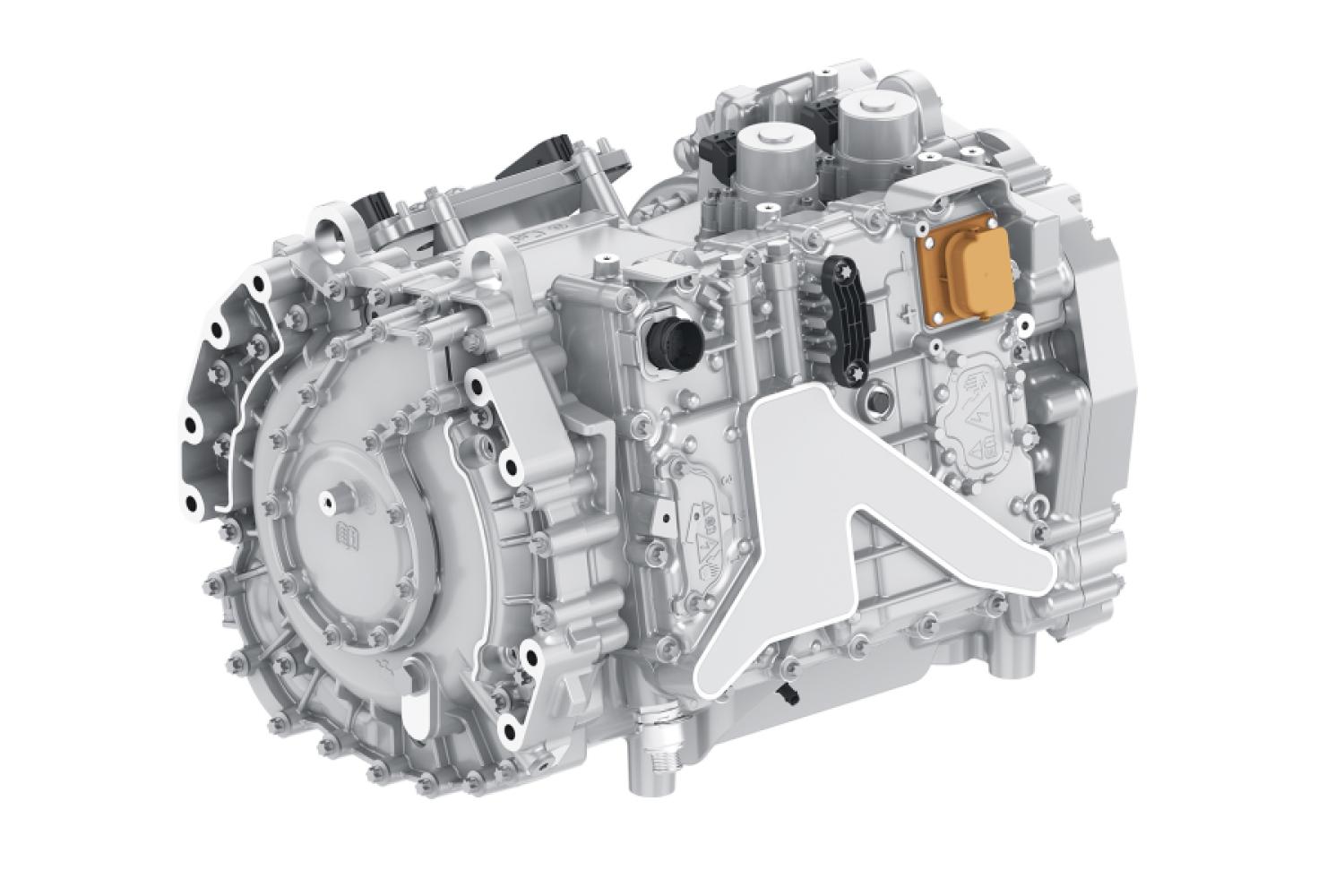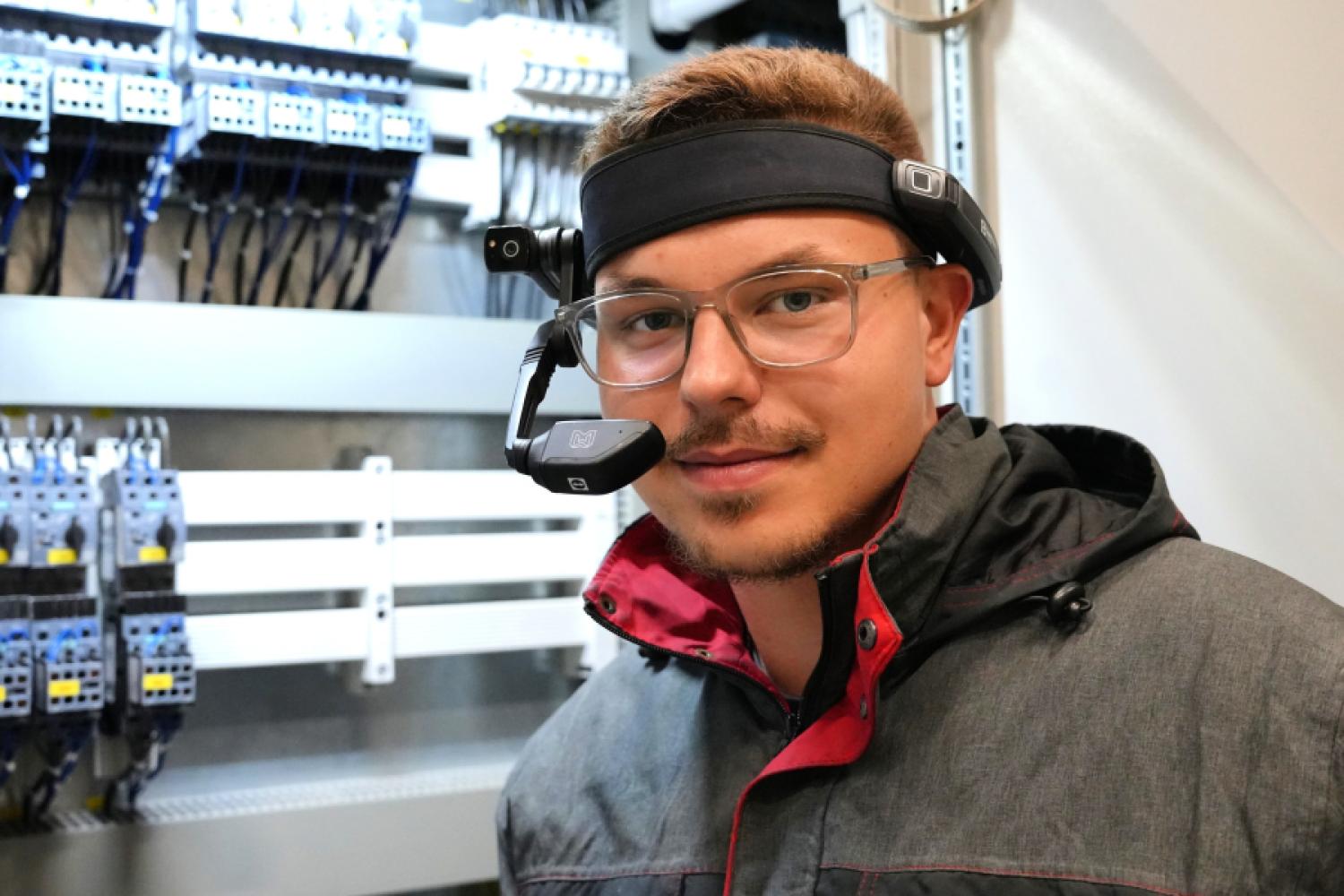Rhenus has launched a new CO₂-reduced logistics project in Strasbourg, Alsace, in cooperation with Merck. As part of the 15-year partnership between the two companies, the biofuel B100 will be used, the logistics service provider announced. This is based entirely on vegetable oils and enables a significant reduction in greenhouse gas emissions while maintaining operational performance.
Investments in technology and infrastructure
Special trucks and trailers designed for the B100 fuel were procured for the new shuttle service. Rhenus also established its own refueling infrastructure at the logistics site
Rue du Havre in Strasbourg. The concept is complemented by a monitoring system for tracking emissions. In the interest of transparency, the company publishes the corresponding environmental balances monthly.
CO₂ reduction of over 50 percent
The B100-powered shuttle covers around 7,360 kilometers per month, causing about 3.05 tons of CO₂ equivalent (tCO₂e). For comparison: a conventional diesel fleet would emit about 6.8 tCO₂e with the same performance. The achieved savings amount to about 3.75 tons of CO₂ per month, which corresponds to a reduction of around 55 percent.
Regional environmental impact
The emission reduction associated with the project also contributes to the improvement of air quality in the Strasbourg area. The use of alternative fuels reduces not only CO₂ emissions but also the burden of particulate matter and nitrogen oxides – particularly in urban logistics zones.
“This partnership is proof of our joint commitment to reducing logistics-related emissions and actively shaping the transition to renewable energies,” says Laurent Brèche, General Manager of Rhenus in France. “By combining our logistics expertise with Merck's ambitious sustainability goals, we
are achieving real savings today and at the same time paving the way for a fully electric fleet in the future.”
Gradual transition to electromobility
The introduction of B100 fuel is seen by both partners as a transitional solution towards fully electric logistics. While current processes, such as driver shift models, remain in place, Rhenus is already planning the further expansion of B100 use in the French market. Additionally, the adaptation of delivery and reception processes is being worked on to prepare for the future integration of electrically
